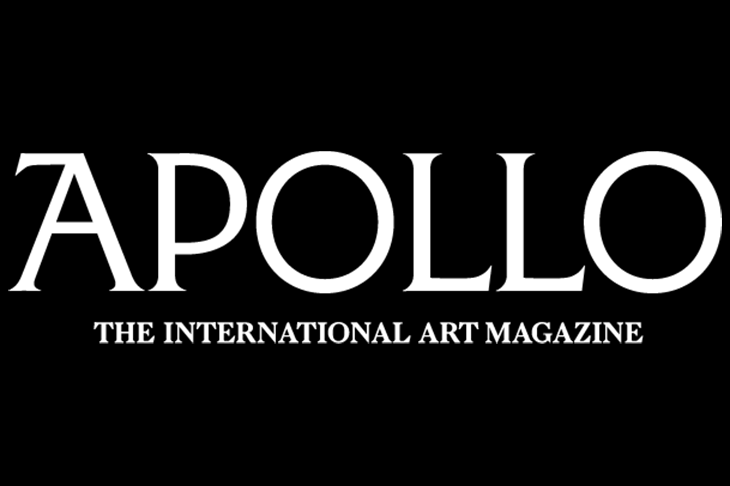Our daily round-up of news from the art world
Documenta team issues statement defending financial management | Earlier this week it was reported (German language article) that this year’s edition of Documenta had left the parent company responsible for the quinquennial art exhibition with a deficit of around €7 million, and awaiting confirmation of a cash bailout from the city of Kassel and the state of Hesse. Now, the organisers of Documenta 14 have issued a statement strongly criticising these reports and defending their own financial management and the non-commercial cultural value of the event, which took place across the two cities of Kassel and Athens.
American Museum of Natural History may be storing Namibian genocide victim remains | Campaigners have claimed that the American Museum of Natural History in New York could be storing the human remains of victims of the early 20th-century German genocide of the Herero and Nama peoples in Namibia. Skulls and skeletons of those killed were collected for research by racialist German scientists, the Guardian reports, and it is suggested that some of these entered the US museum as part of a larger private collection acquired in the 1920s. The museum has declined to comment on the claims made by a co-founder of the Association of The Ovaherero Genocide, Barnabas Veraa Katuuo, who reviewed the remains, and described the possible find as ‘a highly significant event’ that reveals the extent of the genocide’s impact. Representatives of the Herero and Nama groups are currently engaged in a legal battle to be included in negotiations between the governments of Namibia and Germany over reparations.
Stolen 17th-century chapel paintings return to Peru | Two 17th-century paintings stolen from a Peruvian village chapel are to be voluntarily repatriated by a Californian collector, Tracey Willfong, who inherited the works from her late father. Willfong consigned the paintings, which are believed to be the works of an unknown follower of Peruvian master Diego Quispe Tito (1611–81), to Christie’s New York two years ago, where they drew the attention of a museum curator in Lima, the Art Newspaper reports. The works will now enter the collection of Museo de la Nación in Lima, where they are to join four other recovered works from the series of 21 biblical paintings stolen between 1991 and 2000 from the Virgen del Rosario chapel in Hualahoyo, Junín, Peru.
Recommended reading | Rachel Whiteread’s retrospective at Tate Britain opened this week to glowing reviews in the Guardian and the Times (£); acclaim with some reservations at the Telegraph; and a lukewarm response from the Independent. Whiteread’s own comments on her sculptural practice also sparked a resurgence of discussion on the topic of ‘plop art’ – public art that seems to have no bearing on the environment in which it is placed. In the LA Review of Books, meanwhile, Matias Viegener interviews writer Chris Kraus, whose long-awaited biography of the artist Kathy Acker was published this August.


